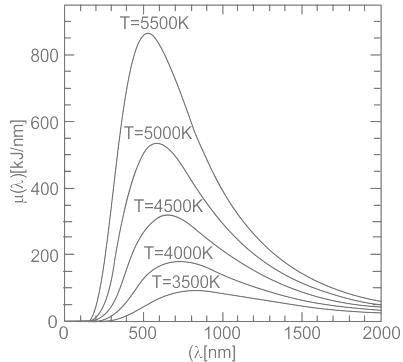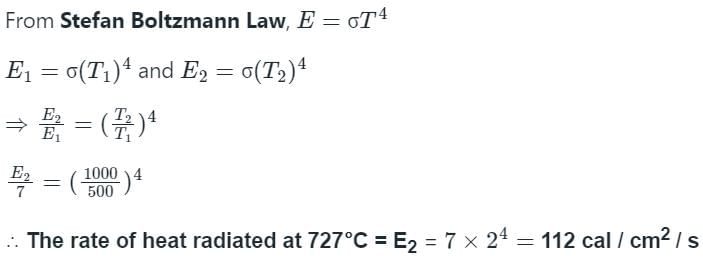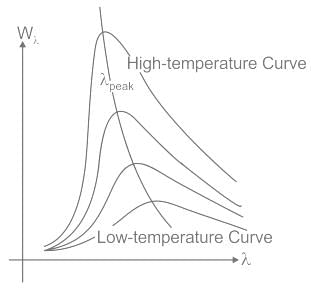EmSAT Achieve Exam > EmSAT Achieve Tests > Test: Blackbody Radiation - EmSAT Achieve MCQ
Test: Blackbody Radiation - EmSAT Achieve MCQ
Test Description
10 Questions MCQ Test - Test: Blackbody Radiation
Test: Blackbody Radiation for EmSAT Achieve 2025 is part of EmSAT Achieve preparation. The Test: Blackbody Radiation questions and answers have been prepared
according to the EmSAT Achieve exam syllabus.The Test: Blackbody Radiation MCQs are made for EmSAT Achieve 2025 Exam.
Find important definitions, questions, notes, meanings, examples, exercises, MCQs and online tests for Test: Blackbody Radiation below.
Solutions of Test: Blackbody Radiation questions in English are available as part of our course for EmSAT Achieve & Test: Blackbody Radiation solutions in
Hindi for EmSAT Achieve course.
Download more important topics, notes, lectures and mock test series for EmSAT Achieve Exam by signing up for free. Attempt Test: Blackbody Radiation | 10 questions in 10 minutes | Mock test for EmSAT Achieve preparation | Free important questions MCQ to study for EmSAT Achieve Exam | Download free PDF with solutions
Detailed Solution for Test: Blackbody Radiation - Question 1
Test: Blackbody Radiation - Question 2
The energy that will be ideally radiated by a 100 kW transmitter in 1 hour is:
Detailed Solution for Test: Blackbody Radiation - Question 2
Detailed Solution for Test: Blackbody Radiation - Question 3
Test: Blackbody Radiation - Question 4
A black body at 227°C radiates heat at the rate of 7 cal / cm2 / s. At a temperature of 727°C, the rate of heat radiated in the same units will be:
Detailed Solution for Test: Blackbody Radiation - Question 4
Test: Blackbody Radiation - Question 5
"Good absorber of heat is good radiator of heat also" is
Detailed Solution for Test: Blackbody Radiation - Question 5
Test: Blackbody Radiation - Question 6
As the wavelength increases , the energy emitted from the black body radiation will ............first and then............
Detailed Solution for Test: Blackbody Radiation - Question 6
Detailed Solution for Test: Blackbody Radiation - Question 7
Test: Blackbody Radiation - Question 8
A dark skin person compared to white skin person will experience.
Detailed Solution for Test: Blackbody Radiation - Question 8
Test: Blackbody Radiation - Question 9
Every object emits radiation. The radiation energy is proportional to what power of temperature?
Detailed Solution for Test: Blackbody Radiation - Question 9
Test: Blackbody Radiation - Question 10
A polished metal plate has a rough and black spot. It is heated to 1400 K and brought immediately in a dark room. Which of the following is true?
Detailed Solution for Test: Blackbody Radiation - Question 10
Information about Test: Blackbody Radiation Page
In this test you can find the Exam questions for Test: Blackbody Radiation solved & explained in the simplest way possible.
Besides giving Questions and answers for Test: Blackbody Radiation, EduRev gives you an ample number of Online tests for practice
Download as PDF






















